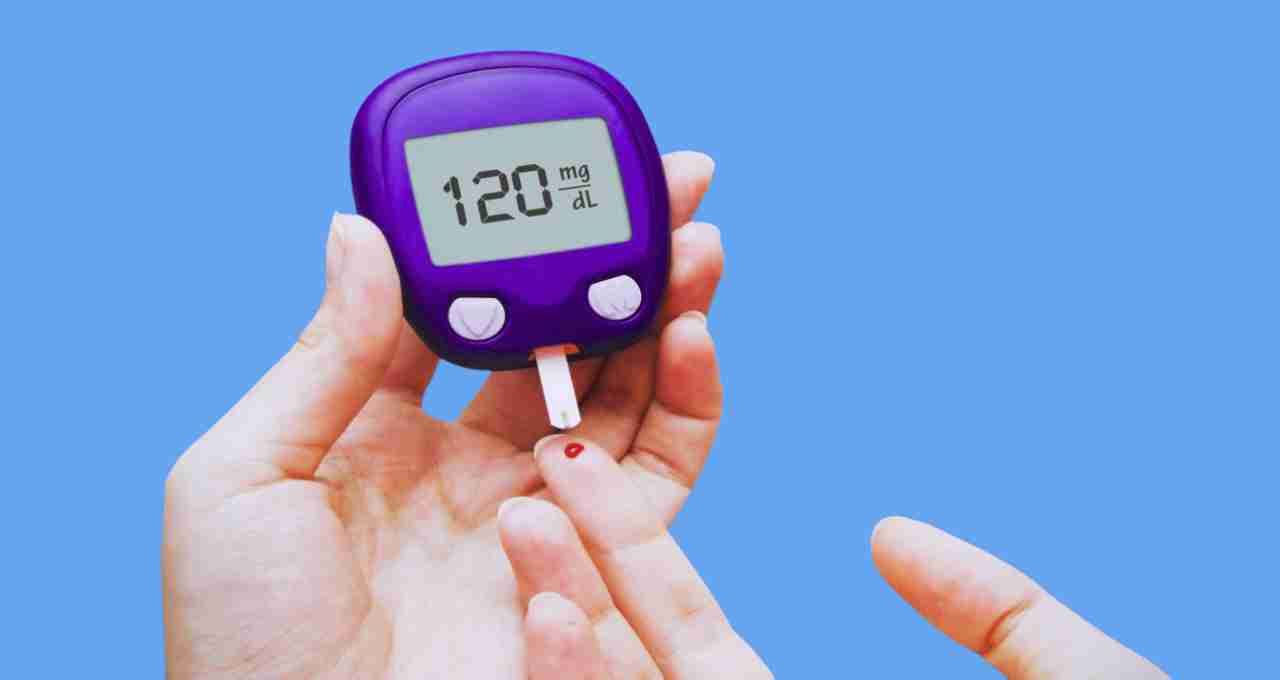In today's fast-paced life, people often overlook sleep. Office stress, social media, late-night screen time, or lifestyle irregularities – all these factors affect our sleep the most. But do you know that getting less than 6 hours of sleep daily can lead to not only fatigue or laziness, but also several serious diseases?
According to a recent report, 60% of people in India sleep less than six hours a night. This figure is not just a health report, but an alarm – warning us that we must now prioritize our sleep.
Weakened Immunity: A Dangerous Sign
Sleep plays a vital role in maintaining our body's immunity. When we don't sleep well, our body doesn't produce enough cytokines (a type of protein that helps fight infections). As a result, we fall ill quickly, and even minor illnesses bother us for a long time.
Furthermore, sleep deprivation also promotes obesity. Research shows that in people who sleep less, the hormones that control hunger, such as 'ghrelin' and 'leptin,' become imbalanced, leading to unhealthy cravings and overeating habits.
Direct Impact on Heart Health

Heart disease has become the biggest cause of death in India today. And it will be surprising to know that chronic sleep deprivation increases the likelihood of problems like high blood pressure, cholesterol imbalance, and heart attack many times over.
When we are in deep sleep, our body regulates blood pressure and heart rate. But when sleep is incomplete, this balance is disrupted. This puts constant pressure on the heart, which gradually gives rise to serious diseases.
Serious Effects on Mental Health
Sleep provides time to repair not only the body but also the brain. When you don't get enough sleep, brain function slows down. Lack of concentration, decline in decision-making ability, and memory loss are common symptoms.
In addition, mental problems can also arise from sleep deprivation, such as:
- Stress: Not getting enough sleep increases stress levels.
- Anxiety and Depression: Long-term sleep deprivation leads to mental health disorders.
- Mood Swings and Irritability: Getting angry over every little thing or feeling sad for no reason can be a sign of this.
The Risk of Diabetes Also Increases

Very few people know that sleep deprivation affects the functioning of insulin in the body. As a result, blood sugar levels become imbalanced, and the risk of type 2 diabetes increases.
Especially those who do shift work or stay up all night are more likely to develop insulin resistance in their bodies.
Adopt These Habits to Improve Sleep

- Set a time to sleep and wake up: Sleeping and waking up at a fixed time every day stabilizes the body clock.
- Reduce screen time before bed: The blue light from mobile phones or laptops reduces the sleep hormone 'melatonin.'
- Avoid caffeine and heavy meals: Coffee or a heavy dinner at night can disrupt your sleep.
- Do meditation and breathing exercises: Make a habit of meditation and deep breathing to calm the mind.
- Create a sleep-friendly environment: Sleep comes faster and deeper if the bedroom is quiet, dark, and cool.
Sleep is not laziness or a waste of time, but a necessary health need. If you want to keep your immunity b, your heart healthy, your mental state balanced, and energy in your life — then include sleep in your priorities from today.















